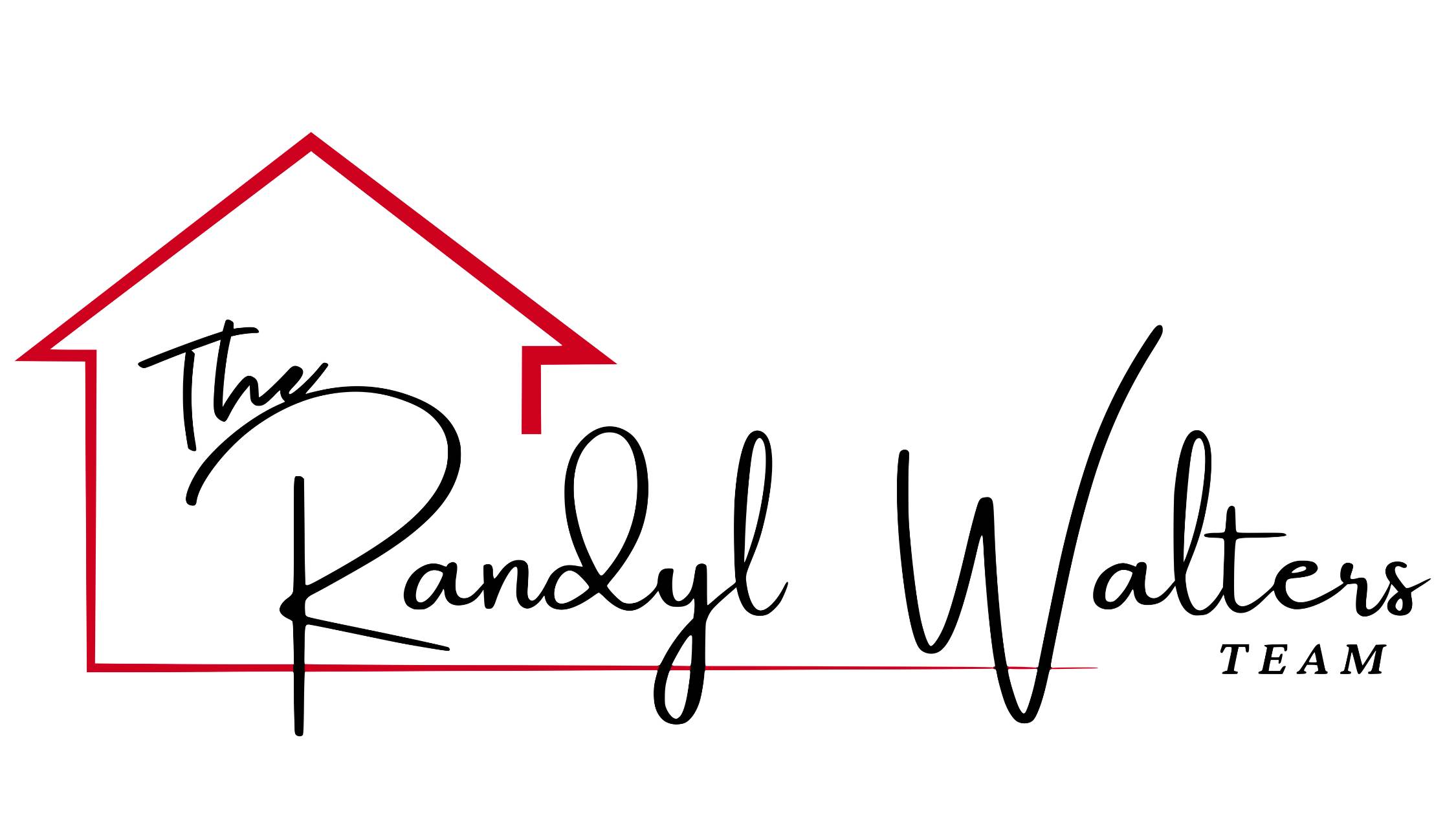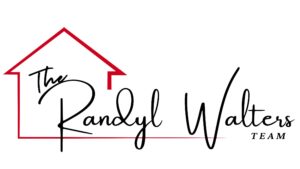
Closing is another way to talk about the settlement of property, or the closing of the transaction. These two terms are used interchangeably.
During closing, there is often a meeting between the buyer and seller, along with the title agent, the involved real estate agents, and sometimes a representative of the lender.
Any paperwork that needs to be completed or money that must change hands before the property is officially sold will take place during this meeting.
Because there are many credits and debits on both sides, the title agent will prepare a summary of the total costs. This summary is called the settlement sheet or final closing costs.
This article will focus on real estate transactions within the Lehigh Valley area of Pennsylvania as that is where we are based.
It’s always best to consult with a professional in your area in order to get an accurate idea of your own potential costs.

Click below to see closing costs for each side of the transaction.
The buyer owes that amount plus additional items and the seller is set to receive that amount minus any costs.
The final amount is usually much different once all of the line items are added or subtracted.
*Remember, a credit is an amount that is added to the total and a debit is an amount that is subtracted.
Buyer's Closing Costs

The buyer gets to choose the title company and while your agent may have a recommendation, know that you always have a choice.
Be careful of title companies or lenders that are “in house” with a real estate agency. They do not always have the lowest fees and they can have additional charges.
If you are not sure, call a second title company to get an estimate of their costs. Odds are that will tell you whether the charges of the first company are in line or not.
Here are the items you can expect to see on the settlement sheet if you are the buyer:
-
Purchase Price - Debit
Both sides of the settlement sheet start with the purchase price, as mentioned above. The buyer must pay this amount to the seller.
-
Deposit - Credit
Here you will get credit for any deposits you may have put down during the initial part of the contract.
-
Principal Amount of New Loan
This is the amount of your new mortgage. Whatever amount you will be taking out on that loan will show here.
-
Tax Proration - DEbit
If the seller has paid their taxes on time, the buyer will reimburse them for the portion of the year for which they will not be using the property.
Learn more about tax proration here. -
Title Charges - Debit
Title fees are charges related to the sale and transfer of the property.
These include items such as title insurance, tax certification, and document fees.
Title insurance is required by the lender and insures against any future claims against the property. The title company will have completed a search to determine whether or not all liens against the property are satisfied, but if some unforeseen item should arise, this insures against that claim.
A tax certification is just what it sounds like. It is a letter that certifies the amount of the property taxes and certifies that there are paid up to date and are in good standing. This is another means by which the title company insures the property will not be subject to future liens.
Document fees are simply the fees that the title company charges for the preparation of the paperwork or sometimes for overnight mailing. This can vary greatly between title companies. -
Government Recording - debit
This fee is associated with the recording of the deed.
The deed recording fee is typically set by the county. This is the fee charged for the deed to be recorded, or put into public record at the office of the recorder of deeds. It insures you have legal right to the property after the transfer. -
Transfer Tax - Debit
There are two taxes called transfer tax. These taxes are based on a percentage of the sale price and are typically 1% to the county and 1% to the state, for a total of 2% of the sale price.
Here in Pennsylvania, the buyer and seller typically split the transfer tax, so you’ll likely be responsible for 1% of the sale price. -
Commission - Debit
Although the seller typically pays the real estate commission, you might have a different arrangement and if you owe commission, it would appear here.
-
Other Fees - Debit
Here you will see any additional fees that are to be paid at settlement. Some examples might be a home warranty policy or a buyer’s broker fee.
Note that this fee is not listed as commission since it is paid only to the buyer’s broker. Check your contract before signing if you want to avoid this, most agencies do not charge a fee in addition to commission.
This is the total amount you owe and it can vary greatly depending on how much you are putting down on the mortgage.
You should have received this amount before settlement and you should have with you a cashier’s or certified check for that amount.
Seller's Closing Costs

If you’ve already listed your house, your agent should have given you an estimate of your closing costs, so none of this should be a surprise.
But, if you are still in the decision phase, knowing your estimated net proceeds may help push you in one direction or the other.
Here are the items you can expect to see on the settlement sheet if you are a seller:
-
Purchase Price - Credit
Both sides of the settlement sheet start with the purchase price, as mentioned above. The buyer must pay this amount to the seller.
-
Mortgage Payoff - debit
The largest cost you will pay at closing is likely to be your mortgage payoff. This is the amount you have left on your current mortgage.
If you have any other liens, such as a home equity line of credit, mechanic’s liens, or judgements, these will show here as well. -
Real Estate commissions - debit
Real estate commissions are paid at settlement. This is the agreed upon amount due to the real estate brokers involved in the sale, usually expressed as a percentage of the sale price.
Again, you should have a clear idea of what this is going to be before you sign the listing contract. -
Tax proration - credit
If your taxes are up to date, the buyer will reimburse you for whatever portion of the tax period is remaining at the time of settlement.
Learn more about tax proration here. -
Transfer Tax - debit
There are two taxes called transfer tax. These taxes are based on a percentage of the sale price and are typically 1% to the county and 1% to the state, for a total of 2% of the sale price.
Here in Pennsylvania, the buyer and seller typically split the transfer tax, so you’ll likely be responsible for 1% of the sale price. -
Title / Deed Preparation
This should be roughly $125 – $150. This is paid to the title company to prepare the new title and deed.
-
Home Warranty - debit
You may or may not have decided to purchase a home warranty when you listed your home. If you did, that premium will likely be payable at settlement.
Most home warranties range in price from about $375 – $500 but this will vary based on the plan and coverage. -
Final utilities - debit
Unlike taxes, utilities are not pre-paid, they are paid in arrears or after the fact.
Therefore, you are responsible for paying for water, sewer, electric, and garbage for the period during which you occupied the house through the day of settlement.
This will always be some portion less than the amount of your total bill. The title company may hold an amount in escrow higher than the total bill in case the final meter reading has not yet been taken.
summary
If you don’t have an agent representing you, then of course that is not the case. You would still receive a copy of the settlement sheet from the title company a day or so before closing and if you need an estimate sooner, the title company can provide it.
If you are not sure about your representation, contact us to learn more about agency and the ways you can be represented by a real estate agent in Pennsylvania.



